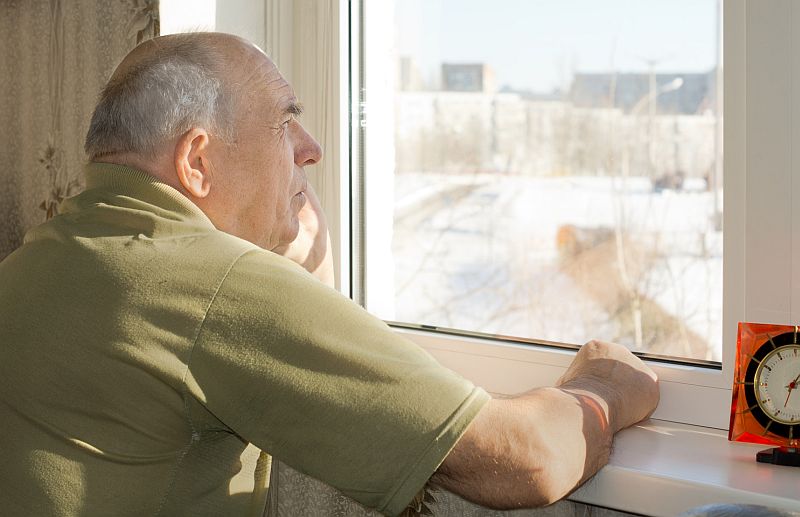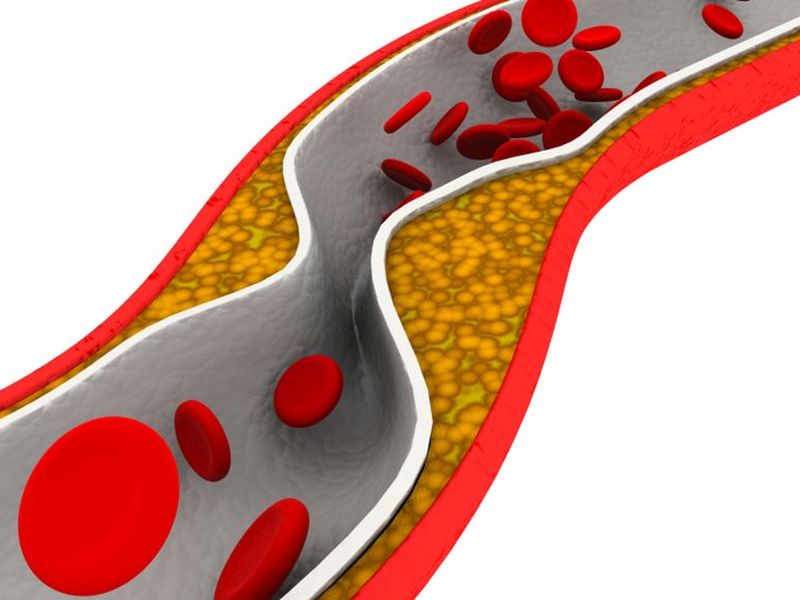
Ovarian cancer can be tough to beat, particularly if it returns after initial treatment, but new research offers a glimmer of hope. One study found that a new targeted “immunotherapy” to treat ovarian cancer that has come back looked promising in a small, early trial. Meanwhile, a second team of researchers discovered what appears to… read on >





























